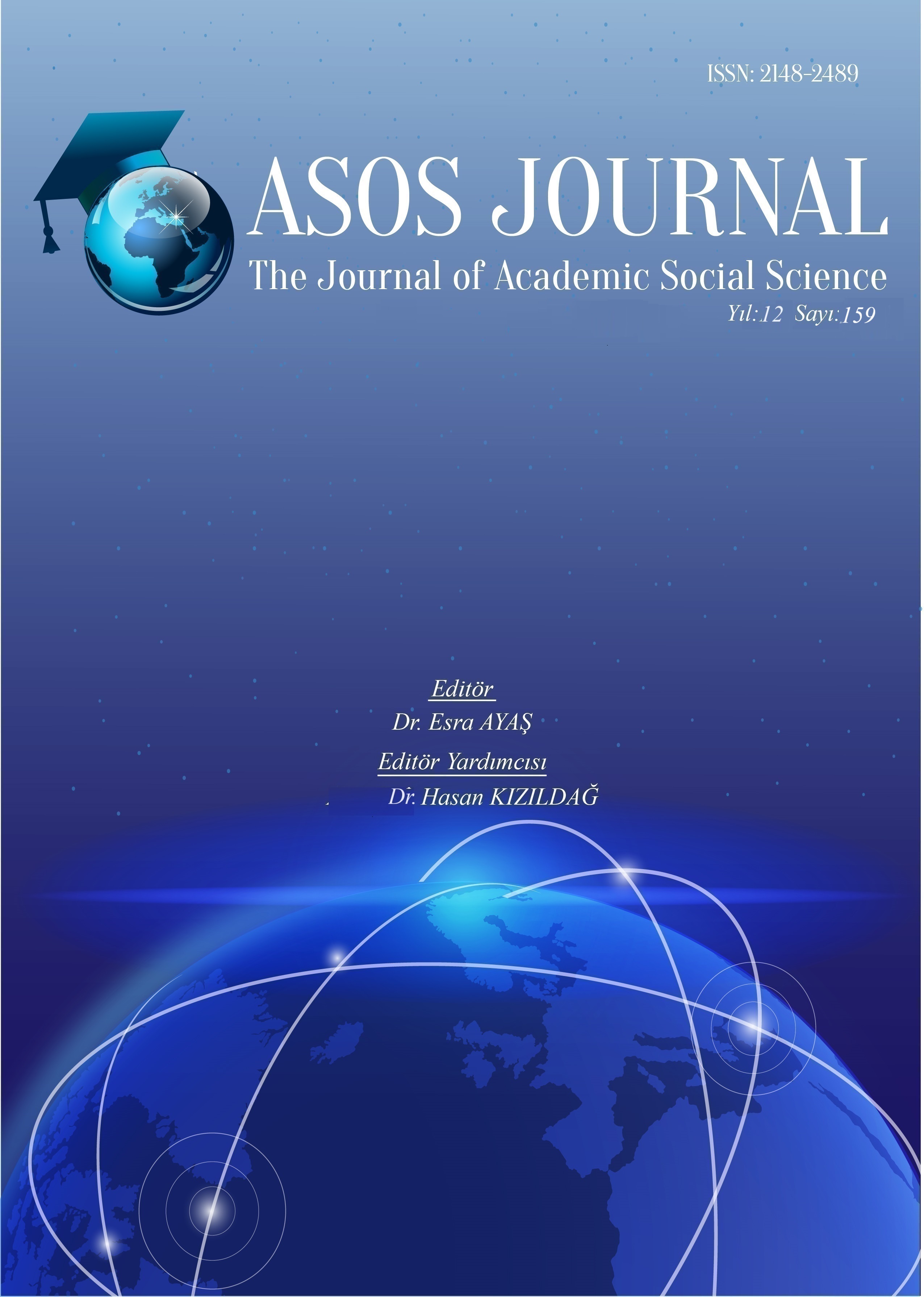COVİD 19 SALGINI NEDENİYLE UZAKTAN EĞİTİM GÖREN 4 VE 8. SINIF ÖĞRENCİLERİNİN FEN BİLİMLERİ DERSİNDEKİ ÖĞRENME KAYIPLARININ İNCELENMESİ
Author :
Abstract
Bu araştırmanın amacı COVİD-19 salgını nedeniyle uzaktan eğitim gören 4 ve 8. sınıf öğrencilerinin fen bilimleri dersindeki öğrenme kayıplarının incelenmesidir. Araştırma karma araştırma desenlerinden iç içe gömülü desen temelinde yürütülmüştür. Araştırmanın nicel verileri kolay ulaşılabilir örnekleme yöntemiyle seçilen 600 ilkokul ve 600 ortaokul olmak üzere toplam 1200 öğrenciye uygulanan 4. sınıf Fen Bilimleri Başarı Testi ile 8. sınıf Fen Bilimleri Başarı Testi’nden elde edilmiştir. Nitel veriler ise amaçlı örnekleme yöntemiyle seçilen öğretmen (f:39,) öğrenci (f:25) ve velilerle (f:16) gerçekleştirilen yarı yapılandırılmış görüşmelerden elde edilmiştir. Araştırma sonucunda 4 ve 8. sınıf öğrencilerinin fen bilimleri dersinde anlamlı bir öğrenme kaybı yaşadığı, bu kaybın dersin tüm ünitelerinde görüldüğü sonucuna ulaşılmıştır. Katılımcıların en fazla dile getirdikleri konular: internete erişimde yaşanan zorluklar, teknolojik yetersizlikler, uzaktan eğitime erişmede sıkıntılar, derslerin sıkıcı olması, teknolojiyi kullanamama, deney, gözlem vb. uygulamaların yapılamaması, ders çalışmak için yeterli motivasyonun sağlanamaması, ekranda çok fazla süre geçirilmesi olmuştur. Araştırmanın sonuçlarına dayanarak çeşitli önlemler sunulmuştur.
Keywords
Abstract
The purpose of this research is to examine the learning losses in science courses of 4th and 8th grade students receiving distance education due to the COVID-19 epidemic. The research was conducted on the basis of nested embedded design, one of the mixed research designs. The quantitative data of the research were obtained from the 4th grade Science Achievement Test and the 8th grade Science Achievement Test applied to a total of 1200 students, 600 primary school and 600 secondary school students, selected by easily accessible sampling method. Qualitative data was obtained from semi-structured interviews with teachers (f: 39), students (f: 25) and parents (f: 16) selected by purposeful sampling method. As a result of the research, it was concluded that 4th and 8th grade students experienced a significant learning loss in the science course, and this loss was seen in all units of the course. The most frequently mentioned topics by the participants: difficulties in accessing the internet, technological inadequacies, difficulties in accessing distance education, boring lessons, inability to use technology, experiments, observations, etc. Not being able to do applications, not having enough motivation to study, and spending too much time on the screen. Various measures are presented based on the results of the research.





